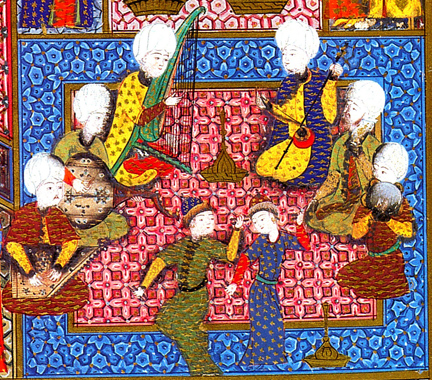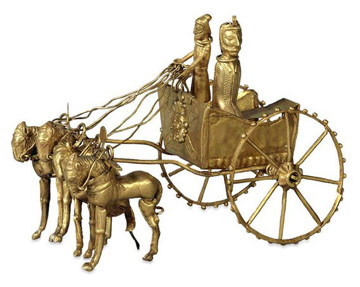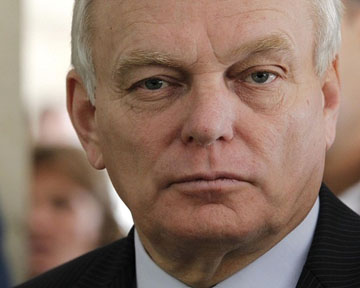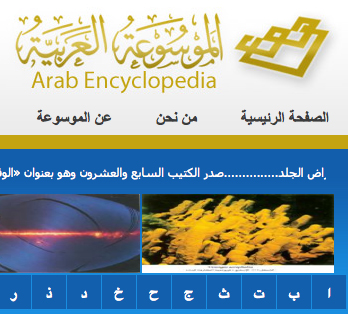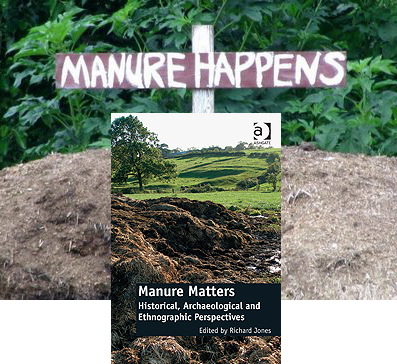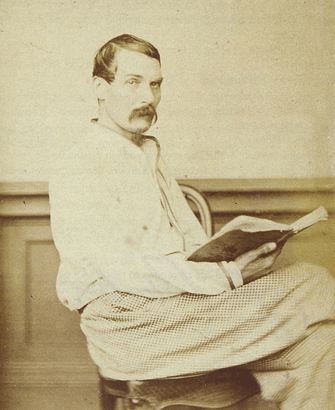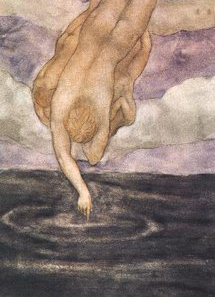
Art by Khalil Gibran
by George Nicolas El-Hage, Ph.D.
From my book: The Return of the Hero and the Resurrection of the City, originally written in Arabic and translated by George N. El-Hage and edited by MaryAnn Del Vecchio, Ph.D.
Forward
These four letters, selected out of ten, are in fact a personal account of my feelings as a father, an immigrant, and a poet, towards my son. They are an emotional register of the dilemma of alienation, exile and loneliness that faces every immigrant, Lebanese or not, who, for various circumstances, leaves his or her country and emigrates abroad. I happen to be a Lebanese man who traveled to America during the Lebanese war to continue my education and make a future for me, my parents and my siblings. Like many cultures, being the eldest son in a Lebanese family carries a huge responsibility that falls on your shoulders and becomes your cause.
America, as it was known, was “the land of endless opportunities, the generous and welcoming land, where money grows on trees,†and “attaining the American Dream was only a measure of your determination, perseverance and hard work.†Indeed, this is the land where endless possibilities abound and the reality of forging a better life has, and still does, lure people from around the world. In fact, may God bless America.
It was not an easy task to write these letters to my son and to put my innermost feelings out there in the open. But as a poet, it is my mission to share because poetry is the art of the unusual encounter with the inevitable and the holy, and the poet’s mission is to always take the road rarely traveled and to return and inform fellow beings. Continue reading Letters to My Son, #1

